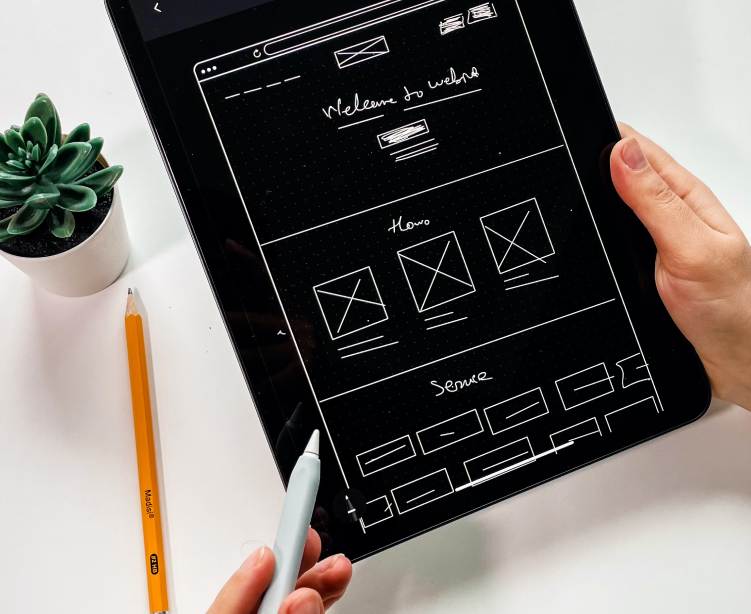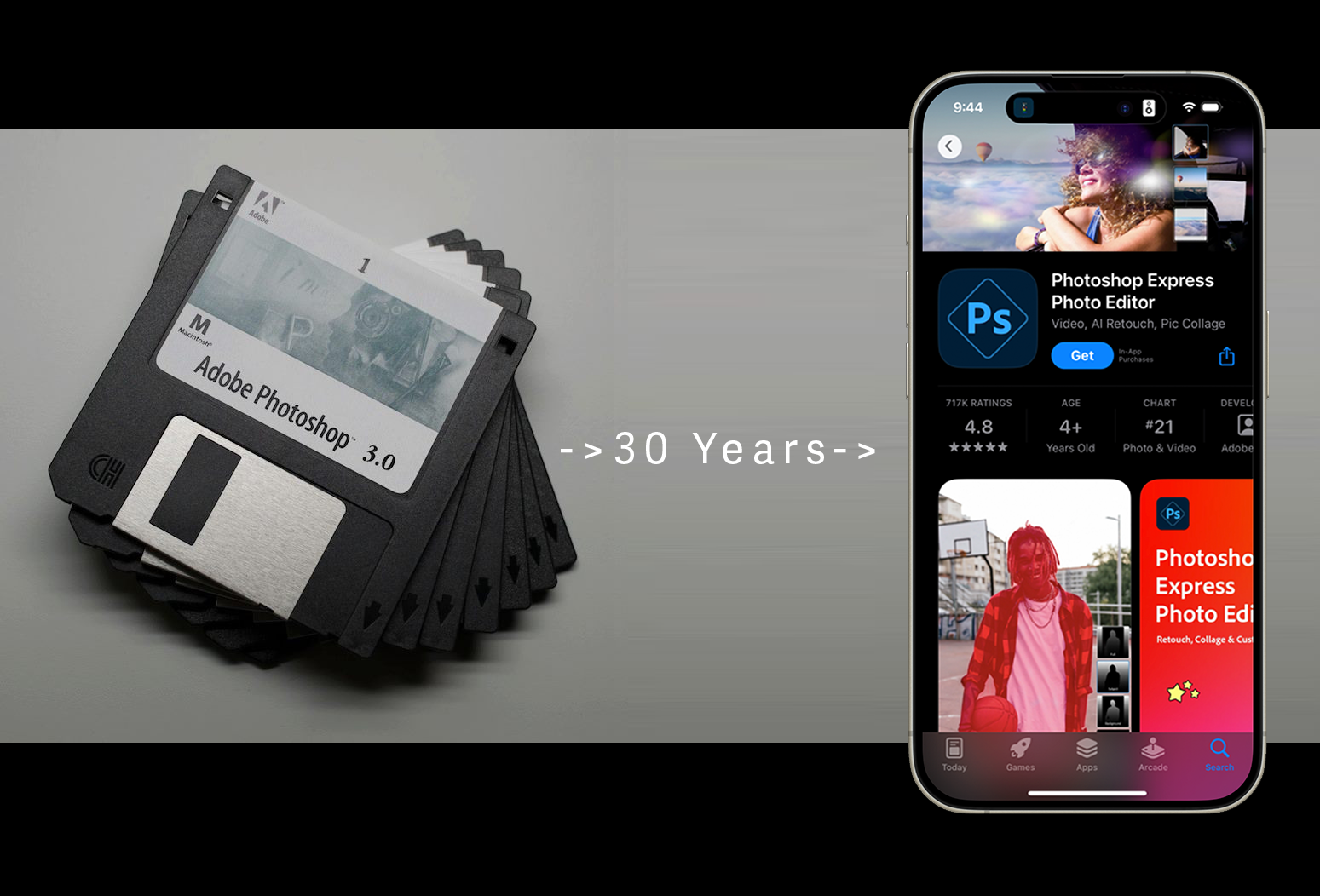Douglas Gastich
The concept of “the app” (software application) has evolved over the years. Once upon a time you loaded Adobe Photoshop via dozens of floppy disks. Today you can download Photoshop onto your phone through an app store. Millions of ‘apps’, big and small, are at your fingertips for phone, tablet or laptop.
Of course modern cloud-based software platforms go well beyond this simple concept. But even for the most complicated systems, ‘App thinking’ can be a powerful first principle.
App thinking:
- Keeps the big picture in mind
- Keeps the focus on the end user
- Resists the urge to over complicate
- Defines boundaries in a complex system
Germinate was founded just after the launch Apple’s App Store. The idea was simple: ‘there’s an app for that… unless there’s not’. Over the last 17 years we’ve built and launched plenty of successful app store apps, some, like our eclipse tracking app Totality, even hitting the top 10. But today, our typical project is a cloud product, or an integrated platform system performing a critical business task.
In our way of thinking, these projects are all “Apps”. We are an App studio. We think in terms of users, and users understand apps. App thinking has a number of advantages:
Keep the big picture in mind
Features are tempting. They are often mistaken for ‘the point’ of the app. The point is not a feature, it is an outcome. The feature facilitates the outcome, features alone do not provide outcomes. Generative AI is having this challenge right now. A feature, without an app, is a novelty.
It takes an app to collect a set of features, interface, and integrations in the right way to provide a user an outcome. In this way focusing on the ‘app’ is a way to keep the big picture in mind.
Keep the focus on the user
And who needs this outcome? The user of the app. A user of a ‘system integration’ is a cog in a wheel. Admin users, staff users, end users, all part of a bigger machine in the sky. But an app is personal. An app is in your pocket. And without users, or when users disengage, systems fail. No matter how complex your system becomes, thinking of it as an app (or a collection of apps, for various levels of user) keeps it centered around the most important part: The humans than make it work and give it meaning.
Resist the urge to overcomplicate
Apps can be simple. They can START simple. Over time they can gain capability. The temptation when building a ‘platform’ or a ‘portal’ or ‘integration’ is to cover every possible need, every use case. Apps thinking can help prioritize this work, and streamline. Sure, sometimes a platform needs to be ‘all there, on day one’ in order to be effective in the market. But in my experience this is rare, despite the insistence of many on the business end.
Define boundaries in a complex system
Some platforms work well with a dynamic interface, where higher level users just see more options on the screen. But in larger systems, separating users into groups with different interface and experiences can be the better choice. In this case, each interface becomes an ‘app’, and all of the advantages of app thinking can be applied.
So, are you building an app? Chances are yes. So think like it!



